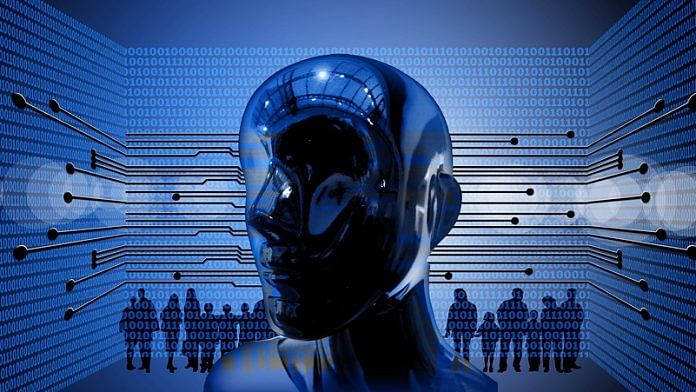Brussels: Meet Yona. She loves reading Margaret Atwood and articles about teenage life and sings about loneliness and relationships on her newly released track.
If this sounds a bit scripted, that’s because it is: Yona’s not human.
Yona has been created by London-based company Auxuman and trained using artificial intelligence, fed on music and literature, and learning from reactions to her music posted online.
Auxuman was co-founded by Ash Koosha, Isabella Winthrop and Negar Shaghaghi. It builds AI-based characters and licenses them for entertainment, branding or live performances. Along with Yona, Auxuman also created Mony, Zoya, Hexe and Gemini – each with their own individualities.
“The question for me always was how I can make a very intriguing, complete and complex piece of music only using a computer,” Koosha said in an interview.
Artificial intelligence is being used by the music industry to invent new tools and sounds or, in Auxuman’s case, entirely new musicians.
One of the first major projects was launched several years ago by Sony’s CSL Research Lab in Paris, which developed a system called FlowMachines that learns music styles from a large database of songs.
French composer Benoît Carré, who was working with the Sony researchers at the time, fed the machine 470 lead sheets of Jazz standards from 1930s up through the 1960s. The final result was his first AI-generated song, released in 2016: “The Ballad of the Shadow”.
Carré continues to work with researcher Francois Pachet, who’s since moved to Spotify Technology SA, where he leads its Creator Technology Research Lab. They created other AI tools which Carré has employed in his latest album titled “American Folk Songs”, released in October.
At Luxembourg-based Aiva Technologies, Chief Executive Officer Pierre Barreau taught an algorithm to learn patterns in music based on 30,000 scores by Johann Sebastian Bach, Ludwig van Beethoven, Wolfgang Amadeus Mozart and others. Aiva’s program helps composers create new music for background use in movies and commercials, or for corporate branding at events.
Barreau and his team recently trained Aiva on compositions by the Czech composer Antonin Dvorak. The machine suggested a potential ending for an unfinished symphony by Dvorak, played for the first time by the Prague Philharmonic Orchestra in November.
Despite the advances, the music industry is still far away from being subsumed entirely by AI-generated songs, according to music critic Anthony Fantano, host of YouTube channel The Needle Drop.
Humans will always want to be able to play music as an outlet, Fantano said, and many still look to music as a way to relate to the hardships evoked by the artist.
“That cannot simply be recreated with an AI,” he said. – Bloomberg
Also read: No, data doesn’t support theory that robots are replacing human workers



